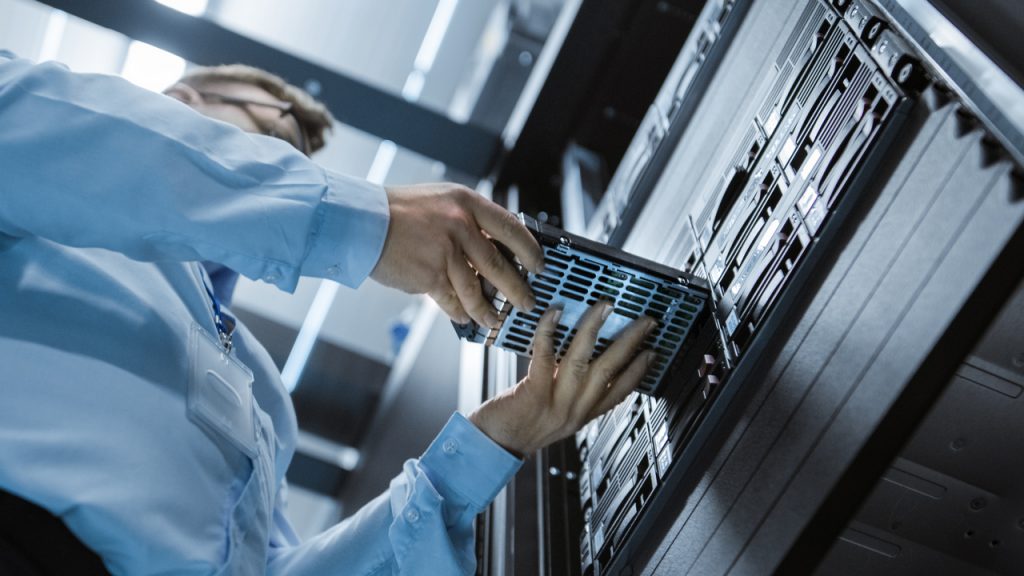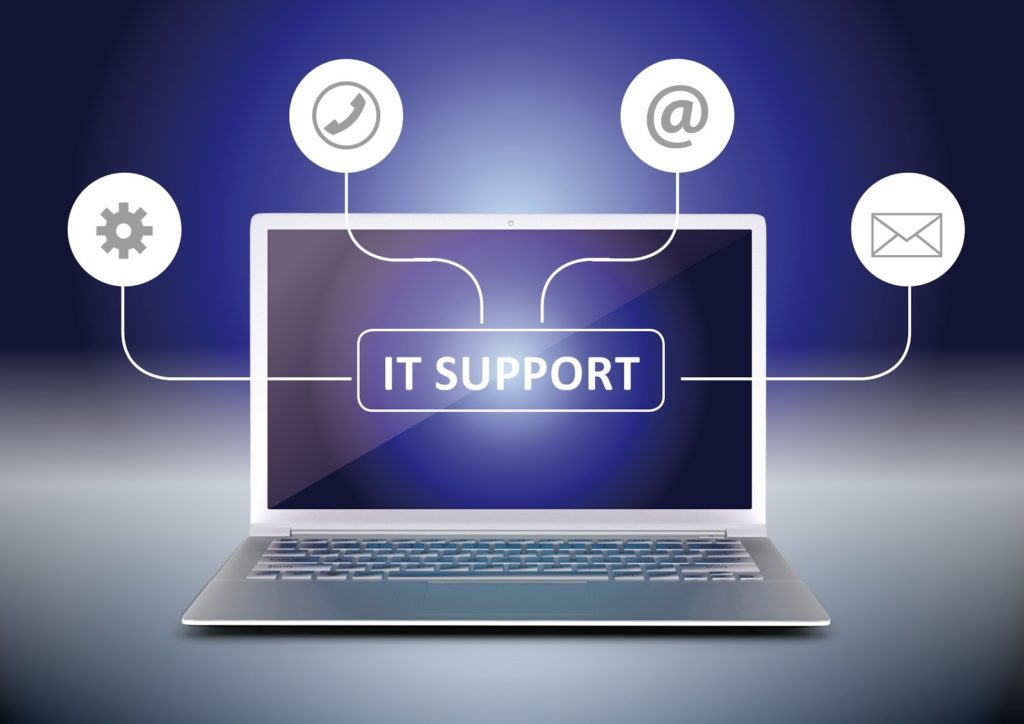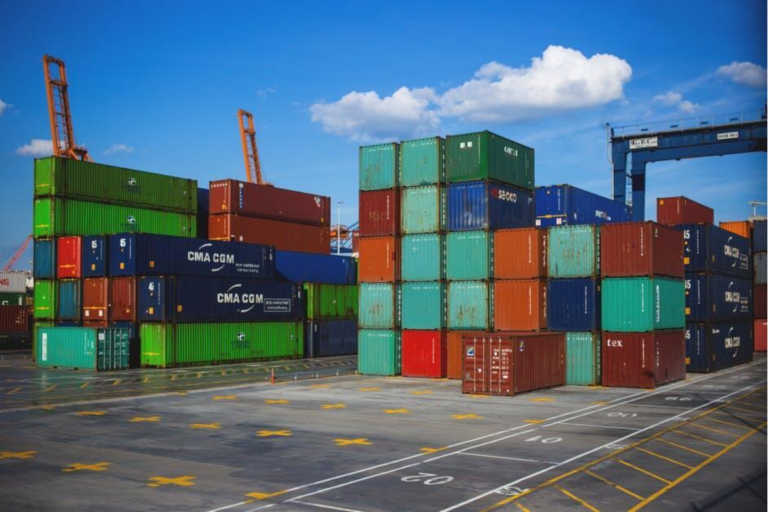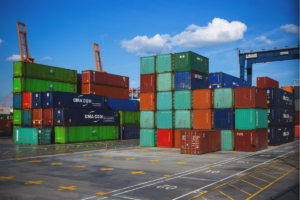In today’s business market, you can’t be left behind when it comes to technology. As such, your small business needs a solid and reliable IT infrastructure that will support your work.
Some business owners might not even understand what that term means, but it’s vital that you learn the basics and start to focus on improving them. ‘IT infrastructure’ refers to the components that collectively operate and manage the technology systems used by your organisation. This includes all of the hardware and software solutions that you use to run your company.
With businesses and consumers alike becoming increasingly reliant on technology for everything from communication to data storage, a seamless IT infrastructure has never been more crucial. Here are some things you may want to consider when building the right infrastructure for your business.
Post Contents
Hardware

The hardware you use daily will lay the foundation for your IT infrastructure. This is not just the desktops or laptops you work from, but any physical tech products that communicate with these computers, such as telephones, printers, and in-house servers. It also includes computer accessories such as keyboards, microphones, speakers and more.
High-quality hardware can be expensive, but it is worth spending the extra money to buy quality products that will last. As such, hardware will make up a large part of your IT budget, so it’s important to find the best value while still meeting the needs of your small business.
There are many ways to get the quality solutions that you need and save some money on the cost. Consider shopping around to find the best possible deal on the market.
Before shopping around, ask yourself what capabilities your hardware should have, considering the ways in which your organisation will use IT on an average day. How big is your team? Do you work with mass amounts of data? These are the kinds of variables that should inform the specs of your chosen hardware.
If you’re having a hard time making sense of the many products on offer, consider whether hiring an IT consultant may be within your budget.
Storage

Traditional servers are large pieces of hardware that require a dedicated space in your office, often an air-conditioned room to avoid overheating. Most businesses are moving away from in-house servers as they aren’t ideal for business continuity. That’s because, in the event of a disaster, uploading and the recovery of data and files can be slower than desired with a traditional server.
However, for many small businesses, a traditional server can be a cost-effective choice. However, if you’re looking for a modern alternative, then a Cloud service could be the ideal solution. Cloud servers are becoming ever more popular due to their speed, versatility, and large capacity for data.
A virtual server can be costly, but for companies that work with mass amounts of data and rely on quick access and consistent back-up, the benefits outweigh the costs. If you’re not sure whether a cloud or in-house server is right for you, consider the pros and cons of each as they relate to your business. You can then make an informed decision that works best for your business.
Support

With our collective reliance on technology and the growing risk of cyberthreat, it’s important for small businesses to have technological expertise to lean on in the likely event of an eventual data breach. Your SME will also benefit from the invaluable day to day support of IT professionals.
Bringing your IT support in-house can be expensive and time-consuming, which is why many small businesses choose to outsource this service. By choosing the right outsourced IT support provider, you can save your business time and ensure that you still get the IT assistance and advice that you need. When it comes to IT Support, Kent based enterprises may find the solution in Impreza.
This IT support service not only supports your organisation through everyday troubleshooting, but their dedicated cybersecurity department ensures the safety of your data while a team of experts offer feedback and solutions to help you get the best from your hardware and software, enabling your business to reach its full potential.
There are many more considerations when it comes to developing IT systems for your SME, but given the right hardware and storage solutions you will soon have the bones of an efficient infrastructure.
Under the guidance of trusted IT experts, the rest will quickly fall into place. Use this article to understand the factors that you need to consider and find innovative ways to improve your firm’s IT infrastructure and overall success.






























